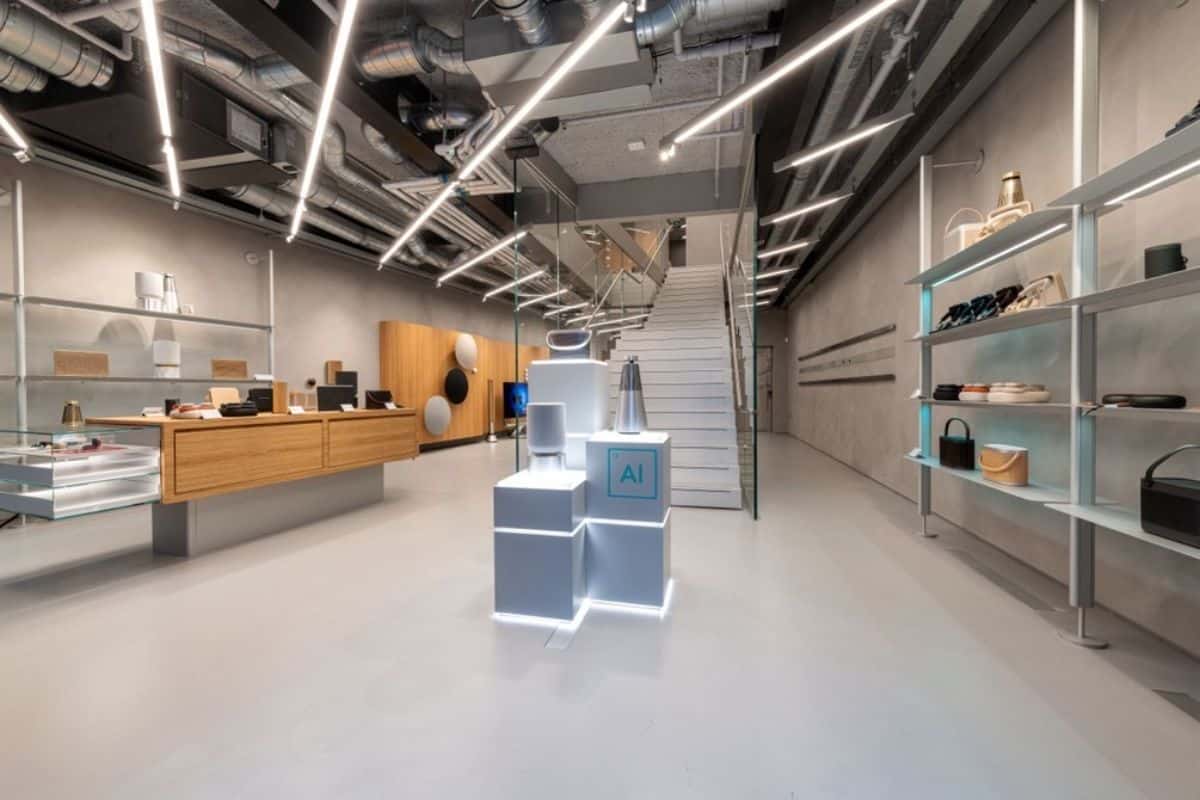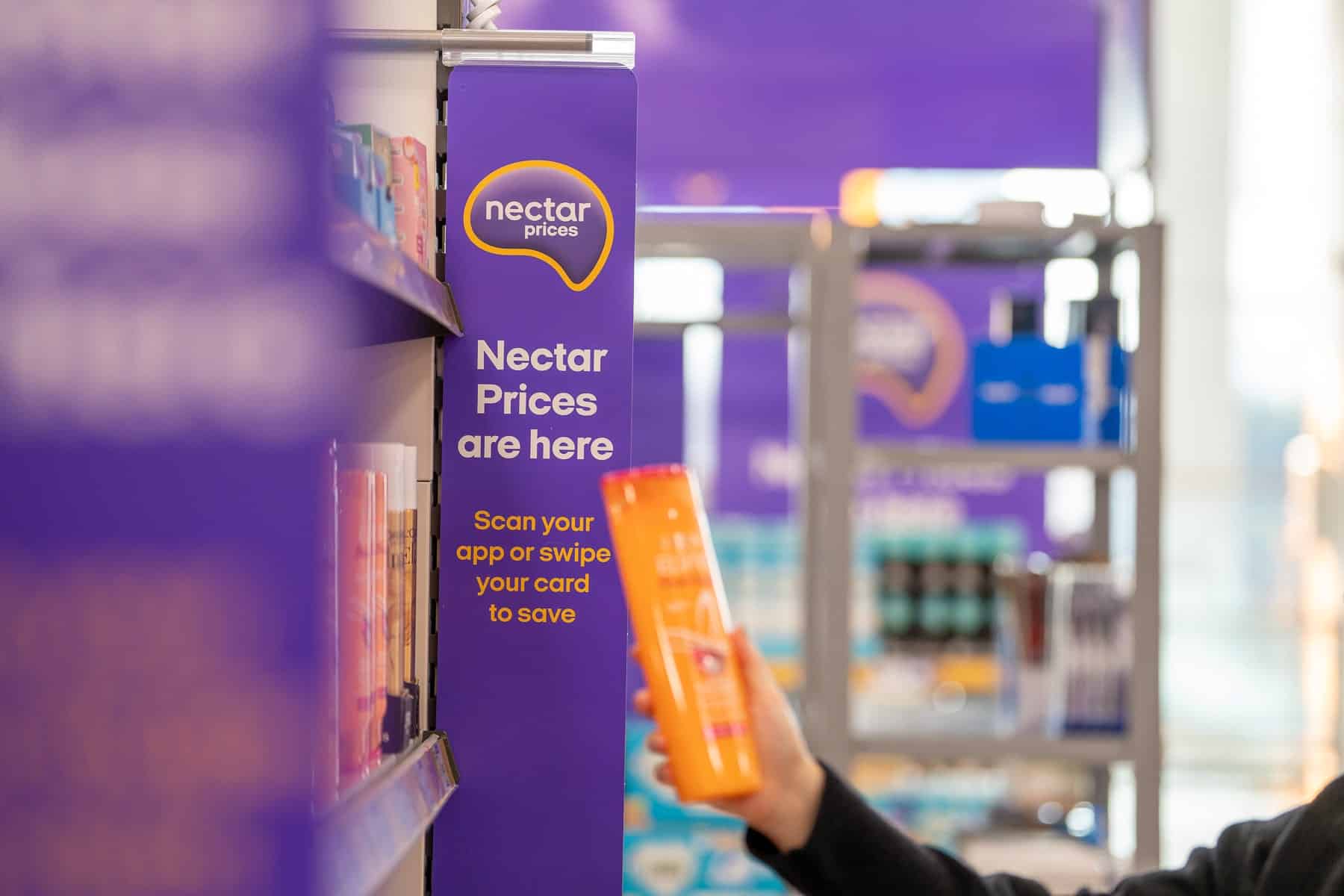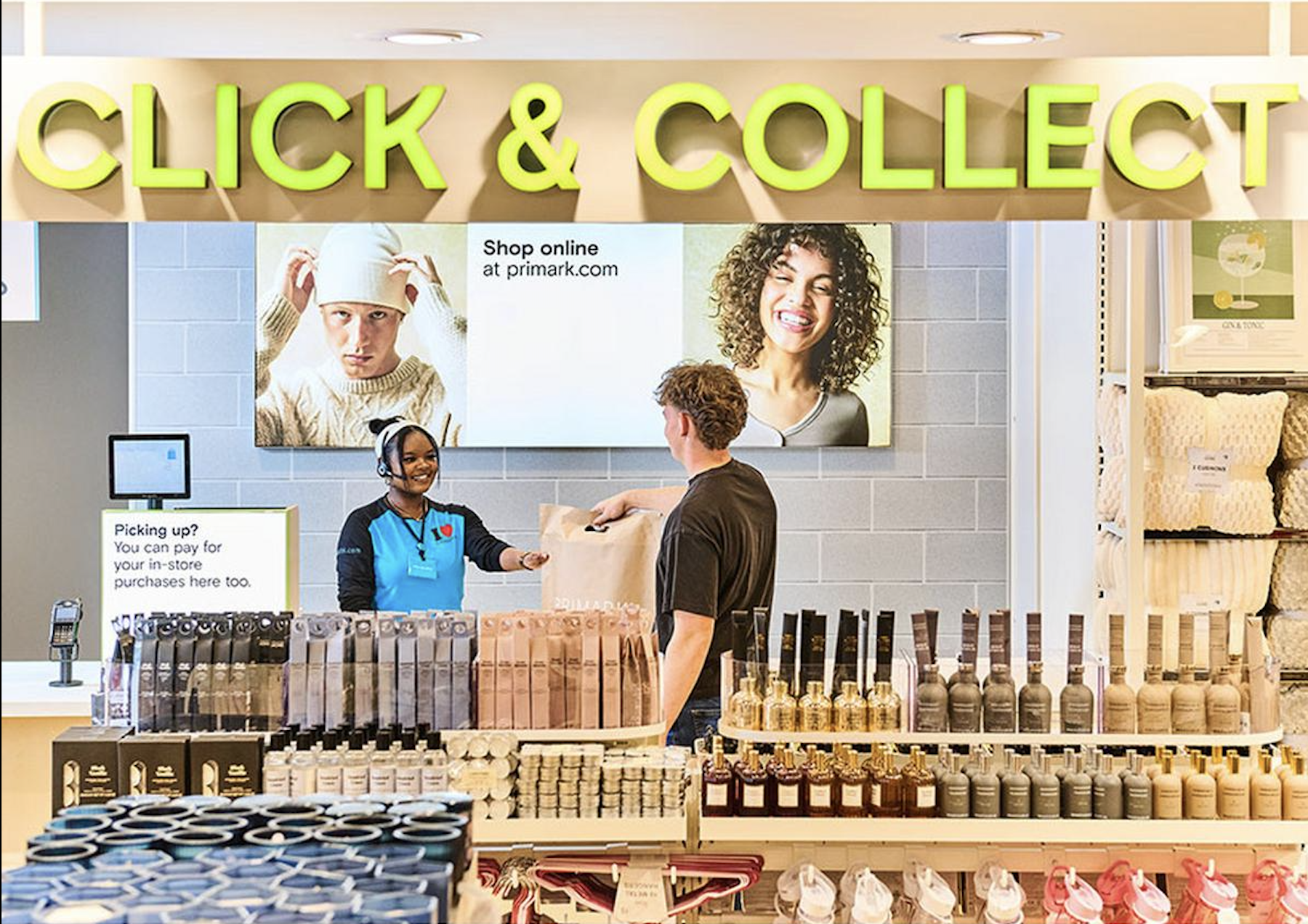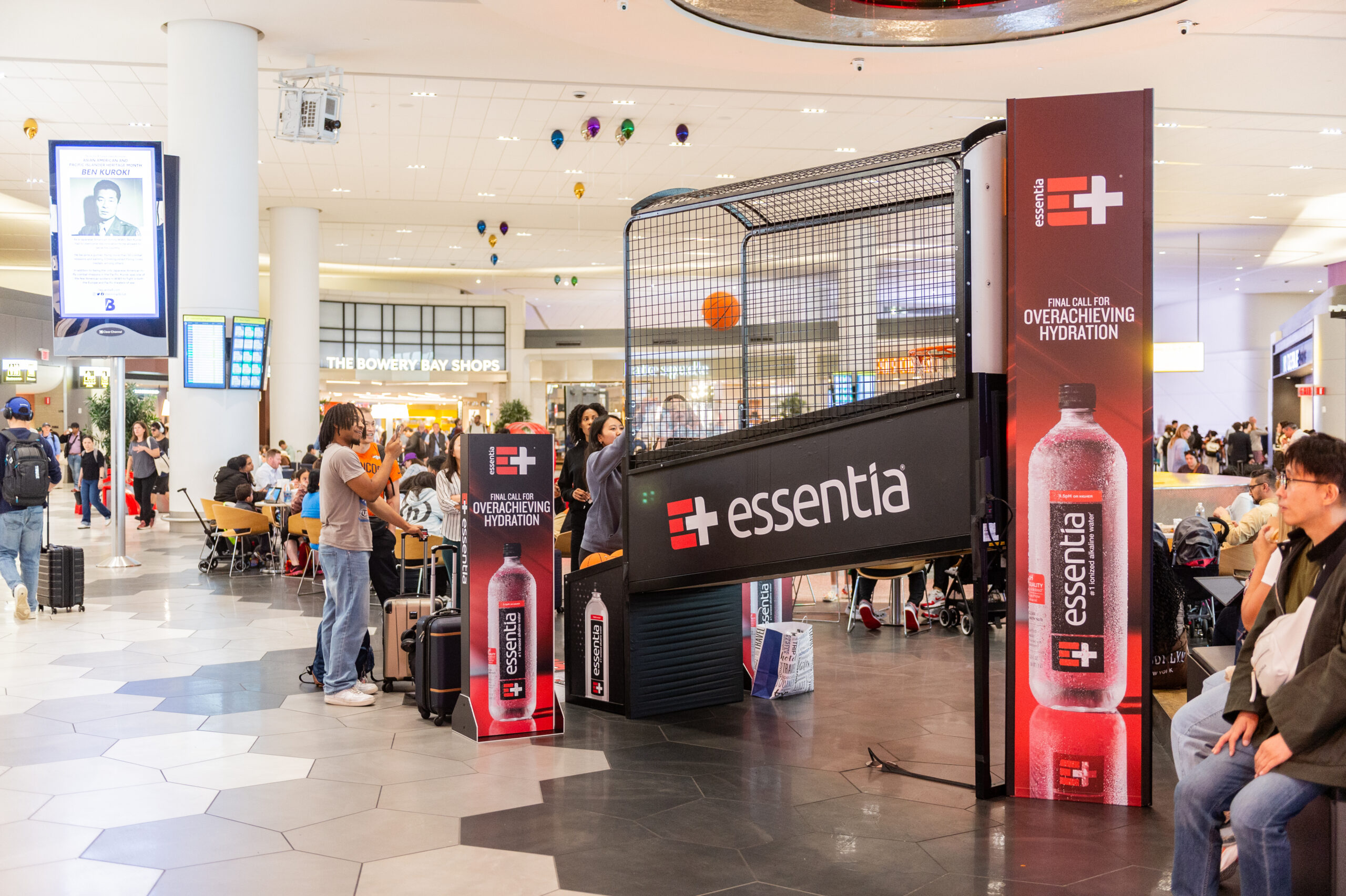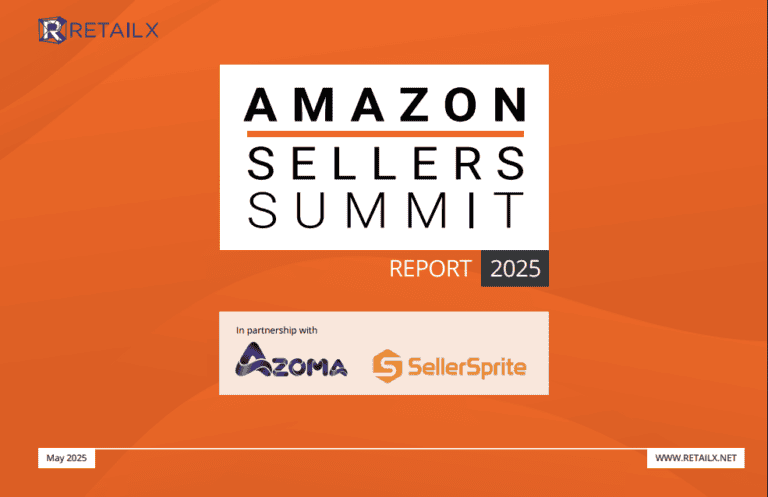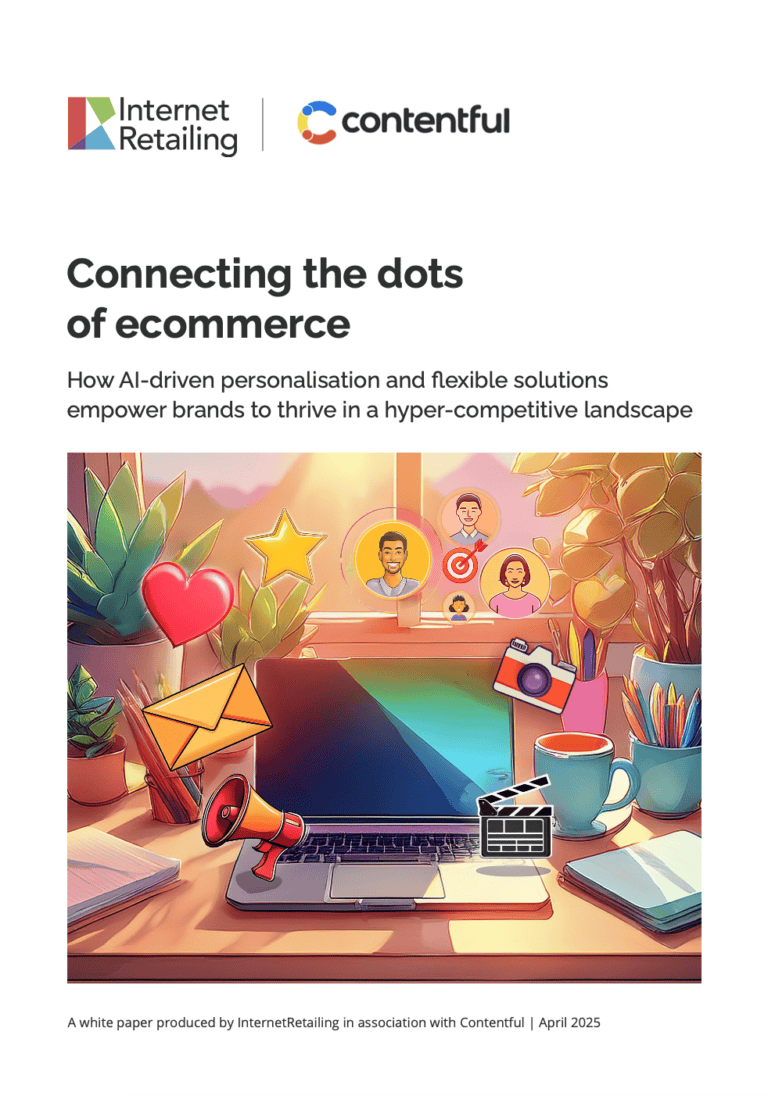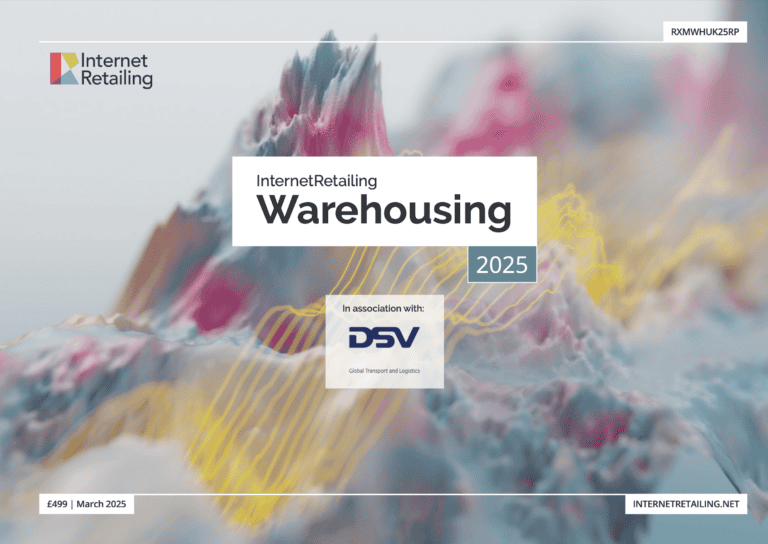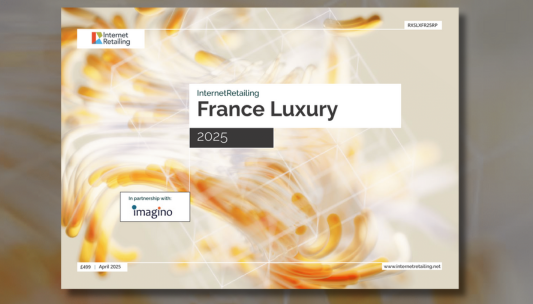As consumers hit the shops after months of closure, shopper footfall on the High Street increased +178%, with an estimated £1.6bn spent in-store on the first weekend of trading. However, ecommerce revenues also saw a rise, up +2.5% week-on-week.
Data from the behavioural marketing technology provider, Wunderkind, shows that web traffic also saw a rise, increasing by +2.4% over the same period (w/c 12 April verses w/c 5 April), illustrating sustained digital demand, despite the unlocking of traditional retail.
This, the study suggests, is not only indicative of the seismic – and permanent – shift to digital, but of the importance in understanding and connecting more closely with shoppers to drive long-term brand advocacy and increased customer lifetime value.
Wulfric Light-Wilkinson, GM EMEA at Wunderkind, comments: “There’s been much debate as to whether the boom in online could successfully be sustained once retail reopened. And, from what we’ve seen so far, even pent-up demand for real-life shopping experiences in the first week of opening hasn’t deterred consumers from the ease and convenience of shopping online, suggesting the shift to digital is here to stay. But the real test now comes in how brands and retailers connect and engage with their customers moving forwards, to turn the new cohorts who have come online into repeat shoppers and those existing shoppers into long-term brand advocates.”
While web revenues and traffic increased on the week before, email performance dipped slightly with revenue down a marginal -1.6% week-on-week.
“This slight drop in UK email revenue retail could be down to a number of factors;” Light-Wilkinson suggests. “Non-essential retail opened on the same day as outside hospitality, which also coincided with the last week of the Easter holidays – this may have prompted many to step away from their desks and take time off to enjoy new freedoms, perhaps explaining the slight dip in email performance during the week.”
Social mentions for the words ‘hairdresser’, ‘shops’ and ‘pub’ all saw significant spikes on the first day of restrictions easing, according to social agency, the tree, up 277%, 276% and 272% respectively on the day prior.
Shopper sentiments
The results of the Wunderkind study are backed up by separate consumer sentiment research by McKinsey, which finds that up to 92% of shoppers intend to continue purchasing online post COVID-19.
The strongest intent was in the online purchasing of vitamins, OTC medicines, published content, and apparel.
McKinsey’s study also found that brand loyalty continues to be disrupted, with 72% of consumers having changed stores, brands, or the way they shop. And many of these behaviours appear set to stay with 84% of those who tried a new brand stating their intent to remain with them.
Millennial consumers are at the forefront of this revolution, with 85% stating they have tried new a new shopping behaviour during the pandemic.
McKinsey also found that, while the UK has one of the highest shares of vaccinated population globally, consumers have reported that they will still wait for restrictions to be lifted and wider vaccination coverage before reengaging with activities outside the home.
Ninety one per cent of people are not currently engaging in ‘normal’ out-of-home activities, while 75% shopped in person for groceries and necessities, just 34% did work outside the home, and only 9% shopped in person for non-necessities.
The research also shows that optimism regarding the UK’s economic recovery is at the highest recorded level during the COVID-19 crisis. Thirty per cent of consumers are optimistic that the economy will rebound within two to three months and grow just as strong as or stronger than before COVID-19 – compared with 17% in November 2020.
Consumer spending is expected to be highest in the travel (55%) and dining (53%) categories once restrictions are lifted or the spread of COVID-19 halts. Beauty and personal care was the next highest category at 38%.

